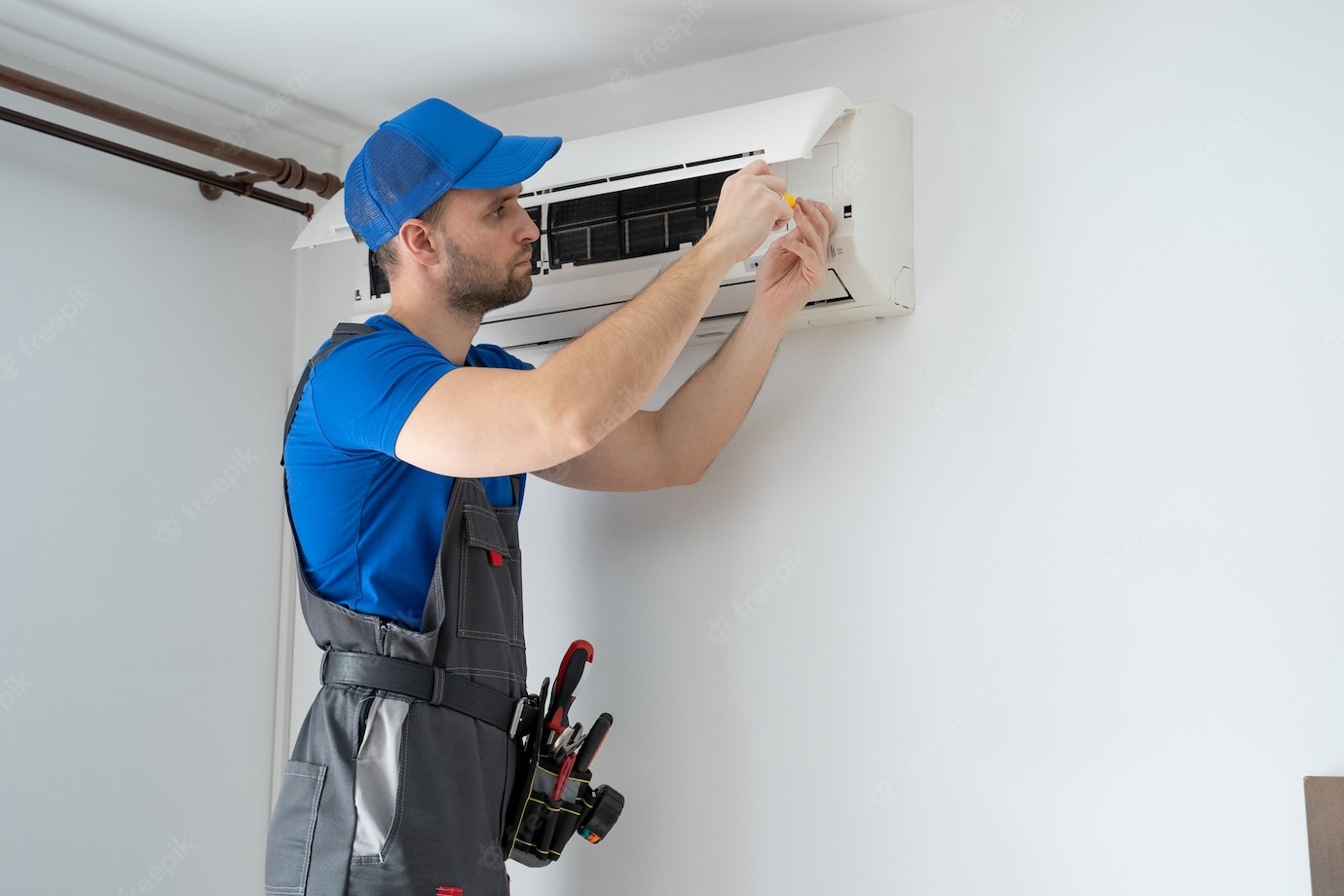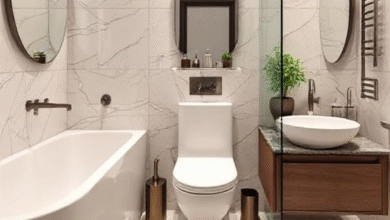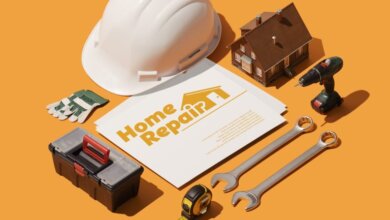
Your home’s air conditioner is one of those appliances you rarely think about—until it stops working properly. Whether it’s struggling to cool your space or driving up your energy bills, there comes a point when repairs and air conditioner cleaning are no longer enough. But how do you know if it’s time for a full replacement?
In this article, we’ll explore the clear signs that your air conditioner may be nearing the end of its life, what to consider before replacing it, and how air conditioner cleaning fits into the picture.
Signs Your Air Conditioner Might Be Failing
If you’re unsure whether to repair or replace your unit, look out for these common warning signs:
- Inconsistent cooling: Some rooms are freezing while others are warm.
- Strange noises: Grinding, squealing, or banging sounds could point to mechanical issues.
- Frequent breakdowns: If you’re calling for service multiple times a season, it may be more cost-effective to replace.
- Old age: Most systems last between 10–15 years. If yours is approaching or past that range, replacement is likely on the horizon.
- High energy bills: A failing system works harder, driving up your electricity costs.
The Role of Air Conditioner Cleaning
Before you rush to replace your unit, make sure regular air conditioner cleaning has been performed. A dirty system can mimic many symptoms of a failing unit. Cleaning your filters, coils, and vents may restore some lost efficiency and performance.
In fact, air conditioner cleaning is one of the most overlooked aspects of home maintenance. Experts recommend servicing and cleaning your system at least once a year—ideally before summer—to ensure optimal operation. In many cases, issues like poor airflow or unusual odors can be resolved with a thorough cleaning.
However, if you’ve kept up with routine air conditioner cleaning and performance is still declining, replacement may be your best option.
When Cleaning Isn’t Enough
Here are situations where even the best air conditioner cleaning won’t solve the underlying problems:
- Refrigerant leaks: These are expensive to repair and may indicate a failing compressor.
- Outdated refrigerant type: Systems using R-22 (Freon) are now obsolete, making repairs costly and impractical.
- Motor or compressor failure: These are major components, and replacing them in an old unit often isn’t worth the investment.
In such cases, spending more money on repairs or air conditioner cleaning becomes a temporary fix rather than a long-term solution.
Benefits of Replacing Your Air Conditioner
There are several advantages to replacing an old or inefficient unit:
- Energy efficiency: New systems are more efficient, reducing your power bills.
- Improved comfort: Modern systems provide more consistent temperatures and better humidity control.
- Quieter operation: Newer units run much more quietly than older models.
- Smart technology: Many modern ACs come with smart thermostats and mobile controls.
- Lower repair costs: A new system typically includes a warranty and fewer repair needs for several years.
Questions to Ask Before Replacing
Before investing in a new system, ask yourself:
- Have I scheduled regular air conditioner cleaning in the past few years?
- Have my cooling needs changed (e.g., home renovation or added rooms)?
- Is my current unit the right size for my home?
- What’s the total cost of ongoing repairs vs. new installation?
If you’ve answered “yes” to skipping air conditioner cleaning or “no” to proper sizing, that could point to premature system wear—and replacing it now may save money in the long run.
Maintenance Still Matters
Even after installing a new air conditioner, don’t forget that regular air conditioner cleaning remains essential. Without it, even a top-of-the-line system will struggle. Blocked filters and dirty coils can cause efficiency to drop by up to 20%, which not only drives up energy costs but shortens the system’s lifespan.
Make Air Conditioner Cleaning a Habit:
- Schedule annual professional servicing.
- Clean or replace filters every 1–3 months.
- Keep outdoor units clear of debris and overgrowth.
- Monitor performance and airflow regularly.
By incorporating regular air conditioner cleaning, you can delay the need for replacement and maintain optimal comfort.
Final Thoughts
Knowing when to replace your air conditioner isn’t always easy. But if your system is aging, inefficient, or underperforming despite regular air conditioner cleaning, it may be time to consider an upgrade. The upfront cost of replacement can be offset by lower energy bills, fewer repairs, and a more comfortable home.
Routine maintenance—especially air conditioner cleaning—should always be your first step. But when that’s no longer enough, don’t hesitate to explore your replacement options. It’s an investment in your comfort, health, and home value.





